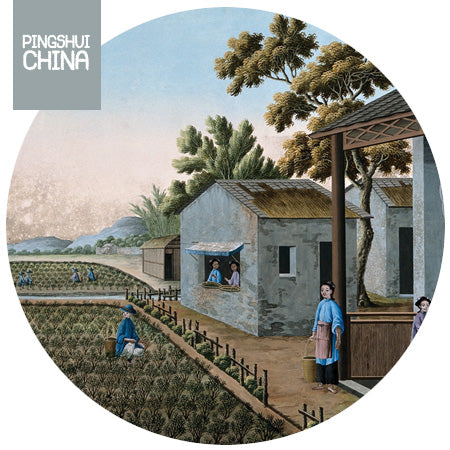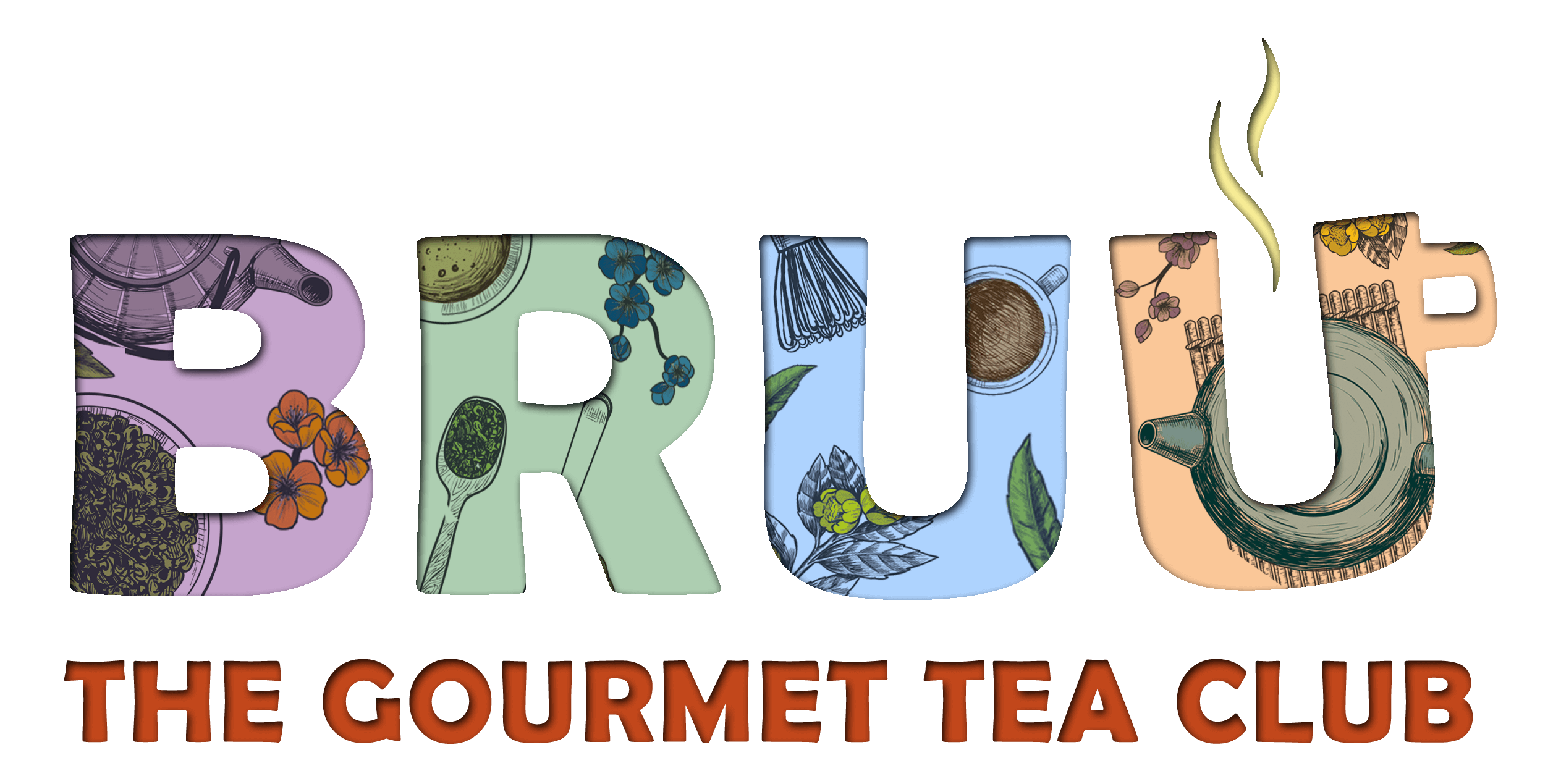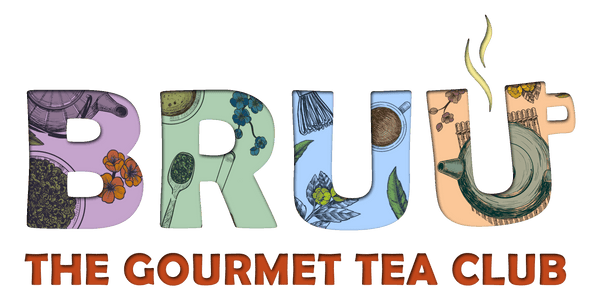Pingshui, Zhejiang China


This month we’re introducing you to a Pinhead Gunpowder from the Zhejiang Province of China. To this day, the region remains one of the most important areas for the production of this unique tea.
Pingshui is a green tea that is believed to have been named after an English clerk who thought the tiny rolled leaves looked like gunpowder. Only plucked during April and May, when the quality of the leaves are at their best, the resultant brew is a strong, dark green with a memorable fragrance.
Pingshui tea production dates back to the Tang Dynasty 618–907. The tea leaves are withered, steamed, rolled, and then dried. Although the individual leaves were formerly rolled by hand, today all but the highest grade gunpowder teas are rolled by machines. Rolling renders the leaves less susceptible to physical damage and breakage and allows them to retain more of their flavour and aroma. Shiny pellets indicate that the tea is relatively fresh. Pellet size is also associated with quality, larger pellets being considered a mark of lower quality tea. High-quality gunpowder tea will have small, tightly rolled pellets.
The locals believe that Pingshui tea helps to the boost metabolism, increase fat burning and protect the skin. Containing the natural antioxidant Epigallocatechin Gallate, it is said that the bioactive compounds within it also improve brain function.
Why we love Pingshui
A bold green tea that is full of flavour, with a slightly smoky flavour and a unique roasted aroma. We love to watch the unfurling of the leaves. The shotty nature of the leaf protects the leaf cells and retains freshness. This means that the tea has elevated aroma and length of flavour.
Location: Zhejiang Province
Country: China
Capital City: Hangzhou
Coordinates: 29°12′N 120°30′E
Elevation: 1,929 m above sea level
Soil type: Red soils
Manufacture: Smallholder tea estates
Season: April - May
Av temp: 18 °C
Fun Facts:
> Zhejiang means bent river.
> Over 57,370,000 people live within this province.
> Between 1180 to 1358 it was the largest city in the world.
> It is China's 6th richest city.
> Some plantations roll and age the tea, turning it into Oolong.
PINGSHUI IS AVAILABLE IN OUR TEASHOP >>



